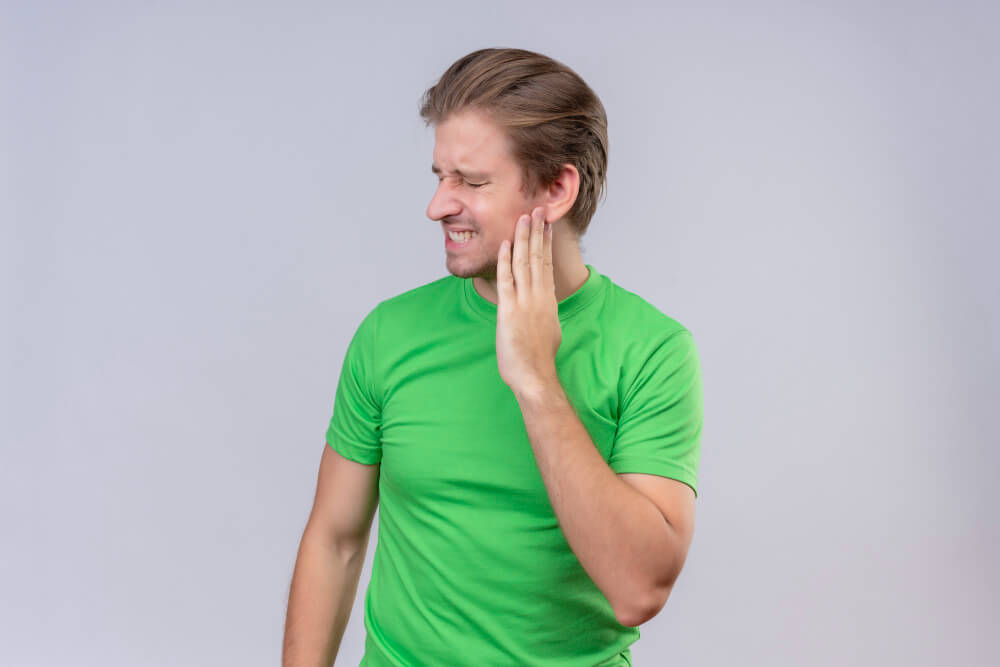Understanding TMJ: From Symptoms to Solutions for a Healthier Jaw
The temporomandibular joint (TMJ) is a marvel of engineering. Located on either side of your head, where your jawbone connects to your skull, these joints allow for a remarkable range of motion, enabling you to chew, talk, yawn, and smile. But sometimes, this complex joint can malfunction, leading to a condition known as TMJ dysfunction (TMD).
This article delves deep into the world of TMJ, exploring its symptoms, causes, and the diverse treatment options available. By understanding TMJ, you can empower yourself to find relief and regain a healthy, comfortable jaw.
Demystifying TMJ Dysfunction
TMJ dysfunction is a blanket term encompassing a variety of conditions affecting the TMJ joint, the muscles that control jaw movement, and the surrounding tissues. It’s a relatively common issue, with estimates suggesting that up to 35% of the population experience some form of TMJ dysfunction at some point in their lives.
Symptoms of TMJ Dysfunction:
TMJ dysfunction can manifest in a variety of ways. Some of the most common symptoms include:
- Jaw pain: This can be a dull ache, a sharp stabbing pain, or a burning sensation. The pain may be localized in the jaw joint itself or radiate to the face, ears, neck, and even shoulders.
- Jaw stiffness: Difficulty opening or closing your mouth widely, or a feeling of tightness in the jaw muscles.
- Jaw clicking or popping: This can be a painless occurrence, but it can also be accompanied by discomfort.
- Facial pain: Pain in the cheeks, temples, or around the ears.
- Headaches: TMJ dysfunction can contribute to headaches, including migraines.
- Earaches: Pain in or around the ear canal, even though there’s no ear infection.
- Tinnitus: Ringing or buzzing sounds in the ears.
- Difficulty chewing: Pain or discomfort when chewing food.
- Locking jaw: The jaw gets stuck in an open or closed position.
Causes of TMJ Dysfunction:
The exact cause of TMJ dysfunction is often unclear, but several factors can contribute to it, including:
- Teeth grinding or clenching: This habit can put excessive strain on the jaw joint and muscles.
- Jaw injury: A blow to the face, whiplash, or other trauma can damage the TMJ joint.
- Arthritis: Degenerative joint diseases like osteoarthritis can affect the TMJ.
- Stress: Chronic stress can lead to muscle tension and contribute to TMJ dysfunction.
- Misalignment of the bite: Improper alignment of the teeth can put stress on the TMJ joint.
- Autoimmune diseases: Certain autoimmune diseases can affect the jaw joint.
Diagnosis of TMJ Dysfunction:
Diagnosing TMJ dysfunction often involves a combination of methods. Your doctor or dentist will likely:
- Ask you about your medical history and symptoms.
- Perform a physical examination of your jaw joint, feeling for tenderness and checking for range of motion.
- May order imaging tests like X-rays, MRI scans, or CT scans to get a clearer picture of the joint.
Finding Relief: Treatment Options for TMJ Dysfunction
The good news is that TMJ dysfunction is often treatable. The specific course of treatment will depend on the severity of your symptoms and the underlying cause. Here’s an overview of some common treatment options:
Conservative Treatments:
These are often the first line of defense for TMJ dysfunction and aim to manage symptoms and improve function.
- Self-care: Applying moist heat or ice packs to the jaw, practicing relaxation techniques like meditation or deep breathing, and eating soft foods can all provide relief.
- Over-the-counter pain relievers: Medications like ibuprofen or acetaminophen can help manage pain and inflammation.
- Mouth guards: A custom-made mouth guard worn at night can help prevent teeth grinding and clenching while you sleep.
- Physical therapy: Exercises and techniques can help improve flexibility and reduce muscle tension in the jaw.
- Relaxation techniques: Biofeedback and other relaxation techniques can help manage stress, which can contribute to TMJ symptoms.
Medical Interventions:
If conservative treatments don’t provide enough relief, your doctor may recommend:
- Prescription medications: Muscle relaxants or stronger pain relievers may be prescribed in certain cases.
- Corticosteroid injections: Injections can help reduce inflammation in the TMJ joint.
- Botox injections: Injections of botulinum toxin (Botox) can help relax overactive muscles in the jaw.


